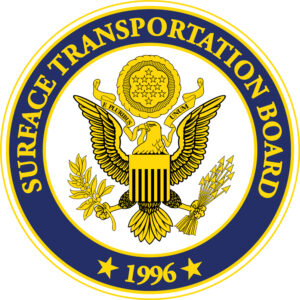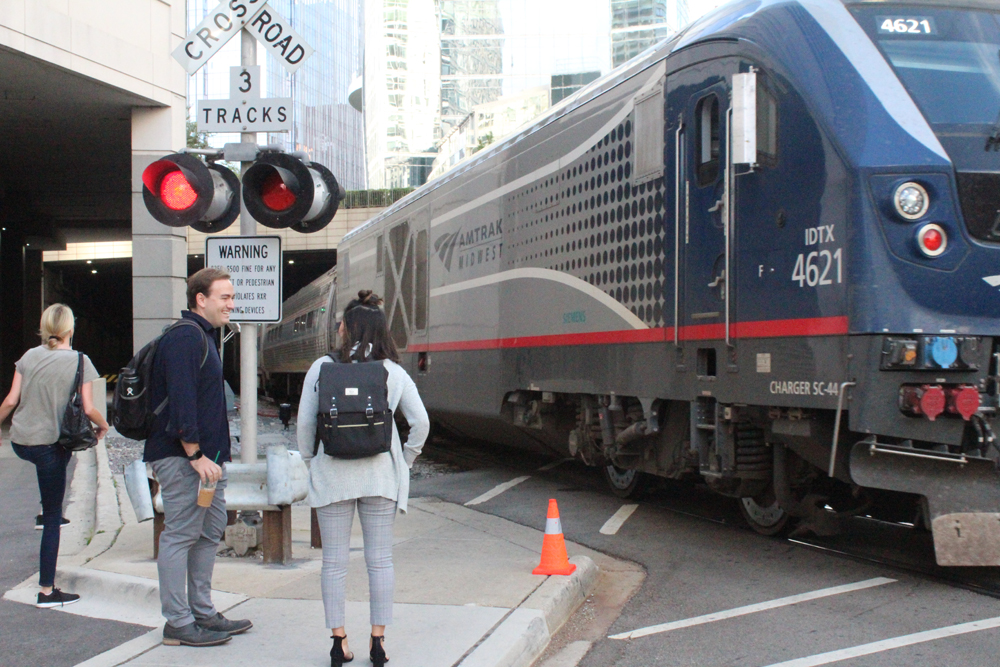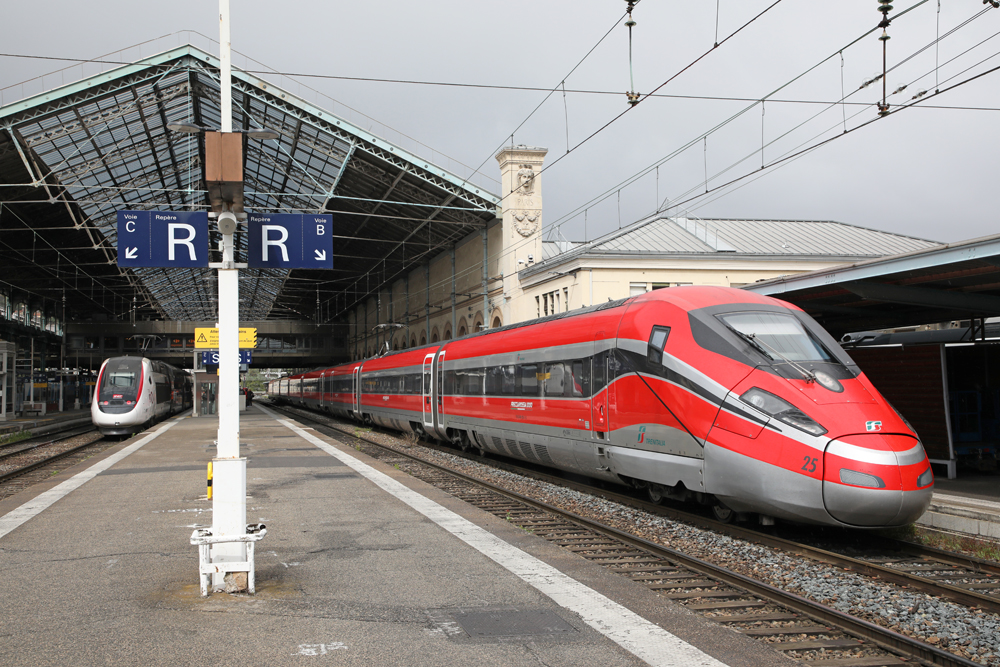 WASHINGTON — The Surface Transportation Board has turned down a request to order mediation in the Amtrak Gulf Coast case. CSX Transportation, Norfolk Southern, and the Alabama State Port Authority/Terminal Railway Alabama State Docks had requested mediation, which Amtrak had opposed.
WASHINGTON — The Surface Transportation Board has turned down a request to order mediation in the Amtrak Gulf Coast case. CSX Transportation, Norfolk Southern, and the Alabama State Port Authority/Terminal Railway Alabama State Docks had requested mediation, which Amtrak had opposed.
In the decision released today (Friday, April 1), the board says it “unfortunate” that the freight railroads and port authority only requested mediation after the matter had been pending for more than a year and “equally unfortunate” that Amtrak rejects the idea.
“Had all parties been willing to enter into mediation, the Board might have been inclined to more favorably consider the request, even at this late date,” the board writes in its decision, “since this matter appears to be one that could have been resolved through mediation, had the railroads, Amtrak, and the Port been willing to moderate their positions. However, because the evidentiary hearing is scheduled to begin in a few days, on April 4, and because not all parties favor mediation at this time, the Board will deny the motion to avoid further delay.”
Any of the parties will be free to make a new request for mediation following the conclusion of the hearing, the board adds.
The hearing over long-running dispute over Amtrak’s efforts to launch passenger service between New Orleans and Mobile, Ala., is set to begin April 4 at 9:30 a.m. EDT and will be carried live on the STB YouTube channel. It will continue April 5, with April 6 and 8 also available if necessary.














Ron: “residual rights to run on private carriers and private ROW” …….. I agree.
In most cases the US government granted land to the “private RR’s”. RR’s even sold some of the land to finance the “improvement of our country by providing transportation”. That said the “giving” of the government to the RR (even though private entities), can be “monitored, removed, regulated” by the STB (government).
I would be not proud of the last sentence you mentioned, even though probably true (You forgot the Chinese out west). That additional comment you made invites Charles’s remark and a distraction of the main point.
Private entity verses the government citing rules to that private entity.
Again, when government is mentioned it can be debated if they are acting for the citizens or a well lobbied private company.
Charles: I have disagreed w/you over this before.
I tried to get this across to you once before when you brought up private companies and my incorrect use of same. endmrw0405221402
nothing but a waste of time dealing with supposedly smart [not street smart] people whose world is inside a box, but have never stepped out to see a box
The fight here is for the very existence of Amtrak and its residual rights to run on private carriers and private right of way. But how private is private when the rails where built with slave labor, genocide of Native Americans and outright kickbacks.
Raifan perhaps?
Reply to Ron Stick: Of the current inventory of rail infrastructure — everything from earth grading to rails to stations rolling stock to signals and everything in between, how much was built by slave labor?
Answer, approximately 0.000000000001%
How much public wealth was created by those who risked their lives, fortunes, and honor to build railroads across otherwise worthless land? What people did, or were said to have done, in the past doesn’t always sit well with future generations. Hindsight is 20/20.
Like the Egyptian pyramids, like the Wall of China, like the castles of Europe, the roads by the Romans, you would think by now we would already have an abundance of hindsight at our disposal.
Amtrak believes it will win; CSX, NS, and the port must believe it as well.